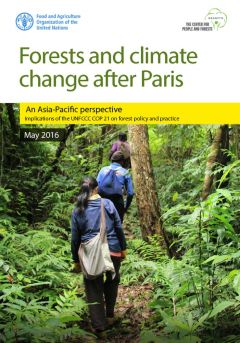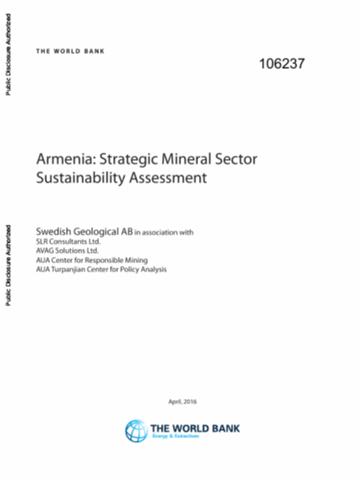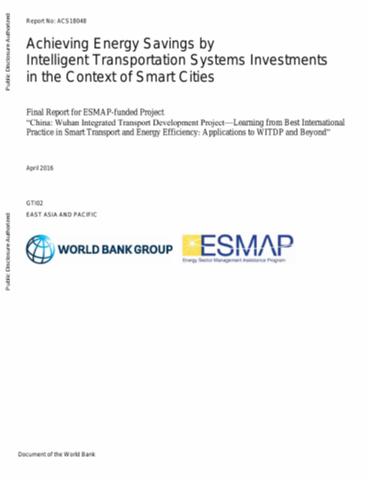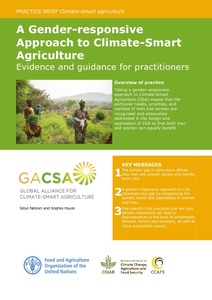Perspective: We Are In Drought
Every year most parts of India are affected by drought.But the Centre and State has failed so far to diagnose the drought phenomenon and to come up with a long term solution. Declaration of drought is a sensitive issue. The nature of drought is such that it does not occur in the same intensity across the Country and State and also has differential impacts. Unless this complexity is understood drought declaration will always be controversial and not transparent.






